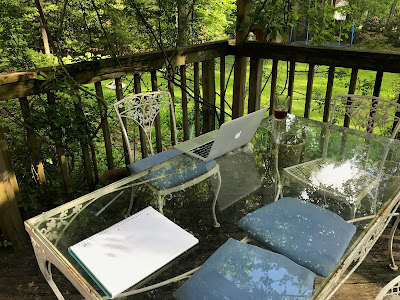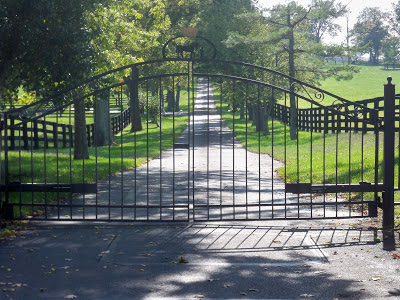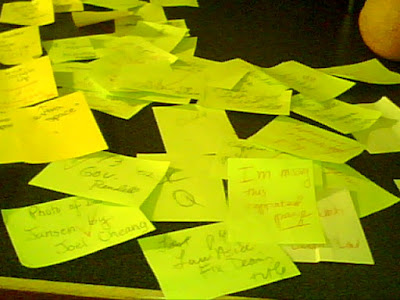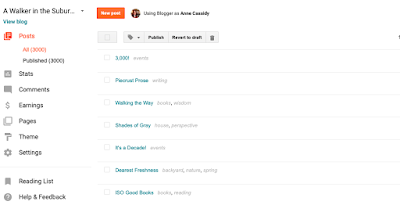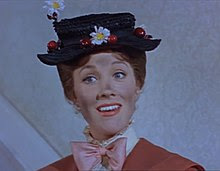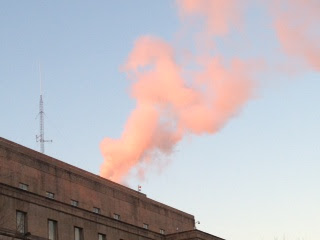Roaming Free
What happens when a post idea flies through my head while I’m trying to participate in the meditation program my office offers at 9 a.m. most mornings?
It flies through, that’s all … and is lost to posterity.
Meditation means clearing the mind of not only worry and clutter and pointless rumination, but also of the ideas that are sometimes worth developing in this blog.
There’s always a chance that this idea will reappear later, of course. Ideas do that sometimes. But there’s a greater chance that it’s never coming back. And that’s all right. Harvesting thoughts can be a tiring business. Better sometimes to let the mind roam free.


